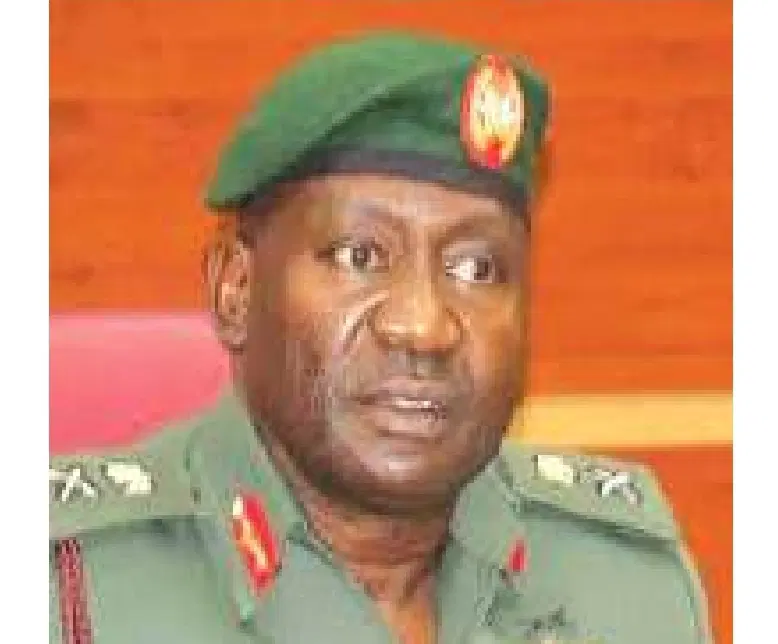Last week, I had a brief yet impactful encounter with General Christopher Gwabin Musa, the 18th Chief of Defense Staff of the Nigerian Armed Forces. His words sparked memories and reflections on the significant role of the military in shaping Nigerian sports, leading me to pay tribute to some remarkable Nigerian soldiers whose contributions are indelibly etched in our history.
This reflection isn’t an exhaustive academic analysis; rather, it stems from my personal experiences since I became involved in Nigerian sports in the early 1970s. I apologize for any limitations in my perspective.
The military has long been an integral part of Nigerian sports. Major Emmanuel Ifeajuna, a soldier who became the first Nigerian to win a medal at an international sporting event—specifically the Commonwealth Games—holds a distinguished place in this history. Despite his later notoriety due to his involvement in the 1966 coup d’état, his athletic achievements remain noteworthy.
When I joined the national football team’s camp after participating in the inaugural National Sports Festival in 1973, the military’s presence was unmistakable. They wielded significant influence over sports, offering trained personnel, excellent facilities within military barracks, disciplined officers, and an established tradition of physical training. Their ability to navigate bureaucratic processes with military precision allowed for the swift organization of events and initiatives.
The military’s foresight was commendable. After the Civil War in 1970, they sought to unify the nation’s youth by organizing major sporting events, including the National Sports Festival and various national and international competitions. These initiatives not only promoted sports but also catalyzed rapid infrastructural, social, and sports development throughout the country.
Prominent figures in sports administration during this time included Isaac Akioye, Henry Adefope, Alabi Isama, Joseph Garba, Samuel Ogbemudia, and David Jemibewon. Among them, Major General Joseph Garba stood out as a charismatic and influential figure in basketball. His leadership from Dodan Barracks, where he managed national basketball affairs, helped assemble a talented team that became the backbone of Nigeria’s national basketball squad. His recruitment of an African American coach, Oliver B. Johnson, marked a pivotal moment in developing elite athletes in Nigeria.
The 1970s were a golden era for Nigerian sports, marked by back-to-back major events like the 2nd All African Games, the Nigeria/Ghana Sports Festival, and the inaugural National Sports Festival, all of which followed the opening of the National Stadium in Surulere in 1972. This state-of-the-art facility became a hub for over 20 sports, serving as the headquarters of the National Sports Commission and fostering a vibrant sports ecosystem.
Within this complex, the National Institute for Sports was established, modeled after the renowned German Sports Institute in Hennef. This institute boasted advanced laboratories and a world-class gymnasium, setting the standard for sports education and training in Africa.
The model of utilizing sports events as a tool for broader development has gained traction globally in the 21st century, reaffirming the visionary approach adopted by Nigeria’s military leadership in the past. Today, countries like Qatar, Saudi Arabia, Australia, and Morocco harness sports to drive national agendas, echoing Nigeria’s pioneering efforts over five decades ago.
Unfortunately, the trajectory of Nigerian sports began to falter in the mid-1990s, as corruption and negative influences undermined the solid foundations laid by earlier military administrations. This erosion of progress is a reminder of the importance of integrity and commitment to nurturing talent and infrastructure in sports.
In tribute to the soldiers who have shaped Nigerian sports, we honor their contributions and reflect on the potential that remains for a brighter future in our athletic endeavors.

